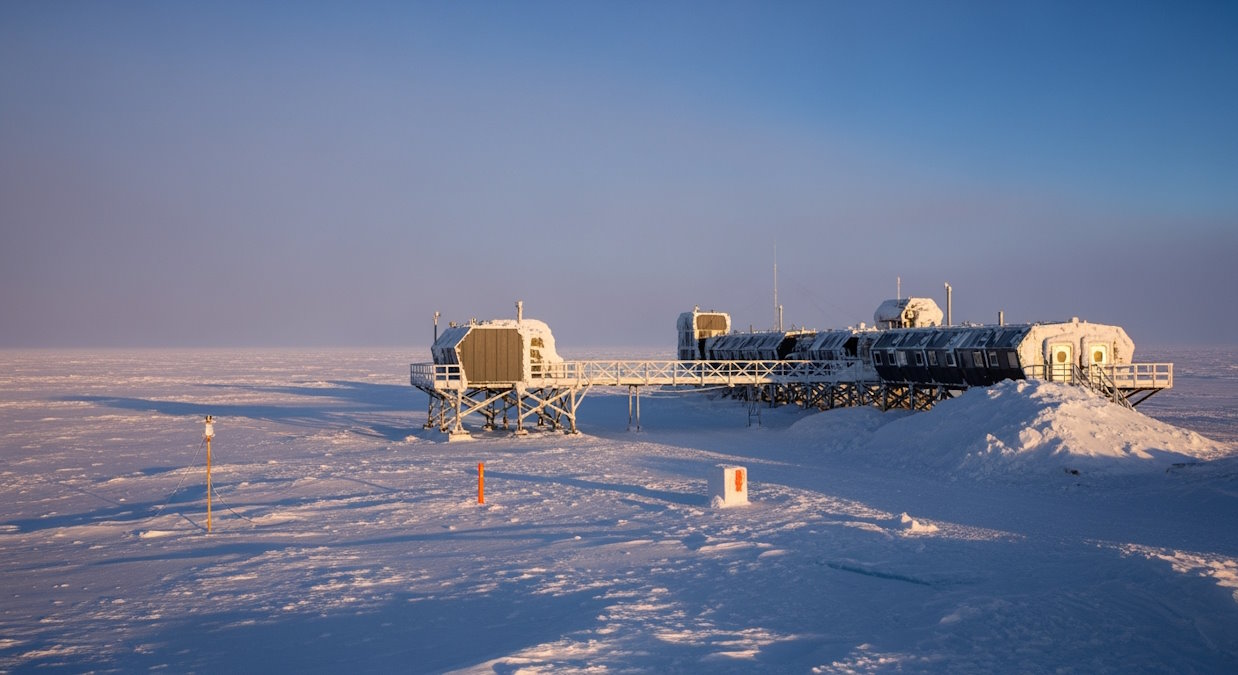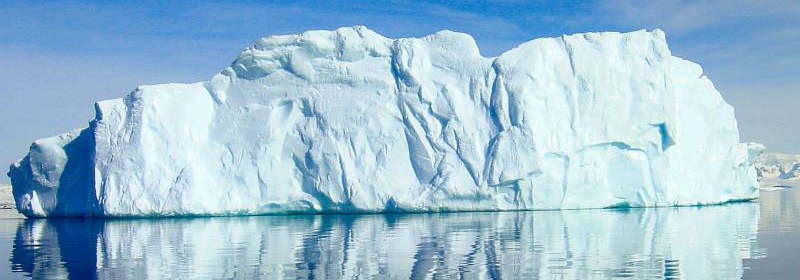
GWPF International 25/09/21
Having banned fracking in much of Europe and with low wind speeds compounding the continent’s energy crisis, gas prices in the UK and much of Europe are going through the roof. A shortage of affordable natural gas is forcing European companies to switch to coal to survive a bleak winter.
Low wind speeds have compounded the continent’s energy crisis, prompting utilities to turn to coal to bridge the shortfall.
The deepening energy crisis comes at a time when Western governments are trying to push emerging and developing countries to agree Net Zero targets at COP26 in Glasgow later this year.
Europe’s embarrassing coal comeback will make any Net Zero demands almost impossible for politicians from the UK and Europe not least because they are also dealing with the growing fear of a voter backlash from the cost of Net Zero and rising energy bills.
The Spectator’s editorial this week as spot on when it warned Boris Johnson that instead leading the world on Net Zero he “should be prepared for other countries to see, in his energy policy, an example of what not to do”.
Europe’s energy crisis: A switch back to coal is on the cards
UK among nations facing a ‘bleak winter’ with consumers at risk of being unable to heat their homes
European utility providers are preparing to switch to alternative energy sources to meet demand, including carbon-rich coal, as gas supply problems continue, analysts have said.
If energy providers are forced to compete for the limited amount of gas supply, prices will continue to soar with costs “inevitably” passed down to consumers.
“The long and short of it is that, unless there is a mild winter or an ease in demand, the EU utilities will have to look to alternative energy sources to meet the demand,” said Slava Kiryushin, global head of energy at DWF, an international provider of legal and business services.
“While most may read ‘alternative energy sources’ as “renewables”, the energy market may have an alternative definition: coal,”
While upping coal production will not be welcomed by many as Europe looks to lower its carbon emissions to meet climate change targets, it is a far more economic source of fuel, Mr Kiryushin said.
“It remains to be seen how the European utilities will balance the rise in carbon emissions and consumer sentiment against the unavailability or unaffordability of power from less carbon-intensive sources.”
European coal for lined up for delivery next year rose to its highest level since 2008 on Friday, on strong demand from power stations and low stockpiles.
Coal for Amsterdam, Rotterdam and Antwerp gained 2.6 per cent to $137 a tonne, as soaring natural gas costs are continuing to push European utilities toward coal-fired generation.




